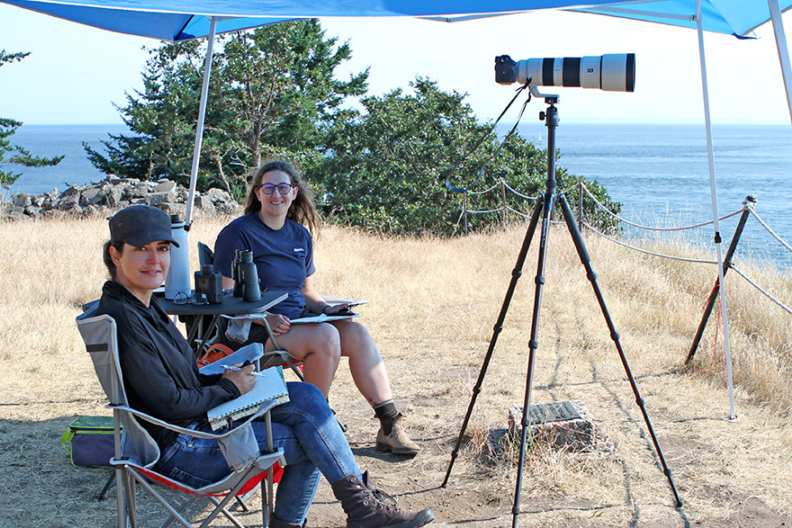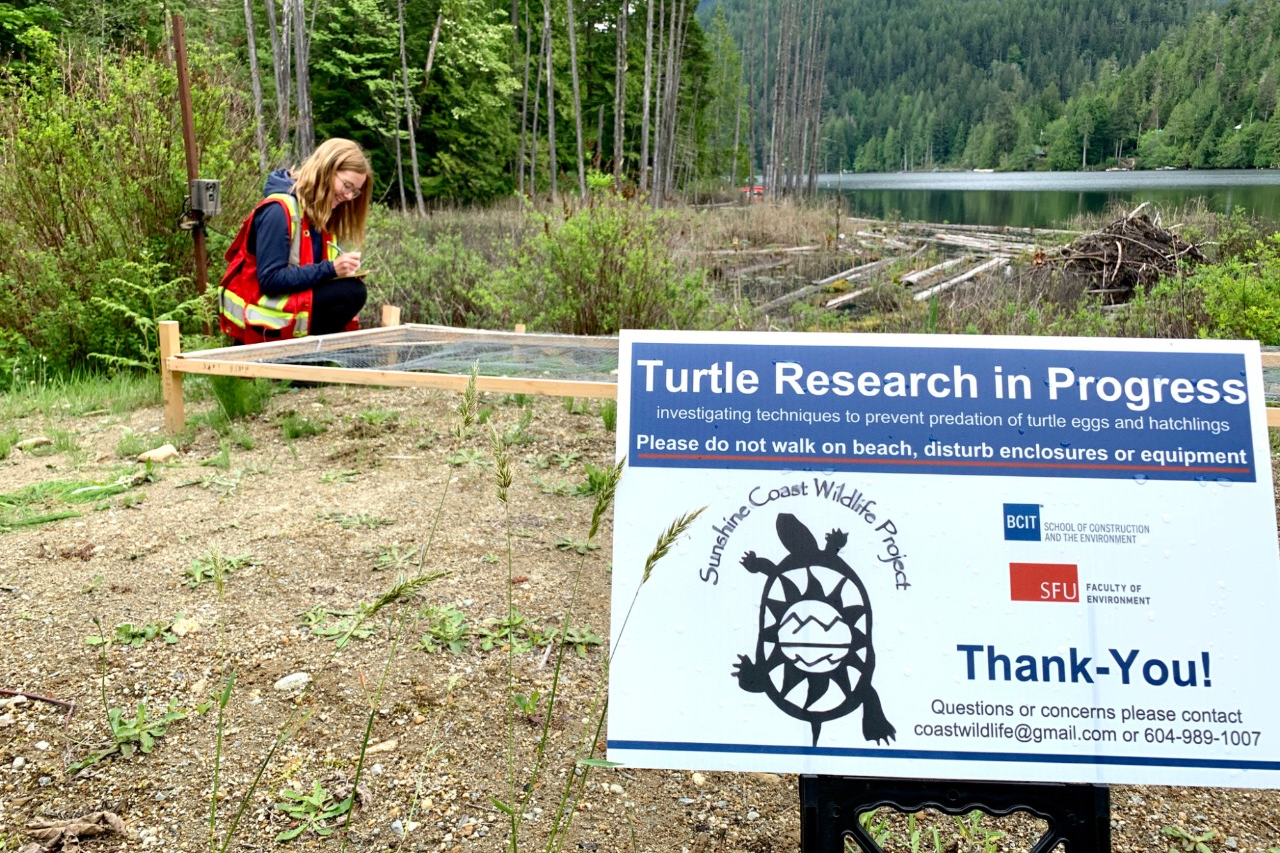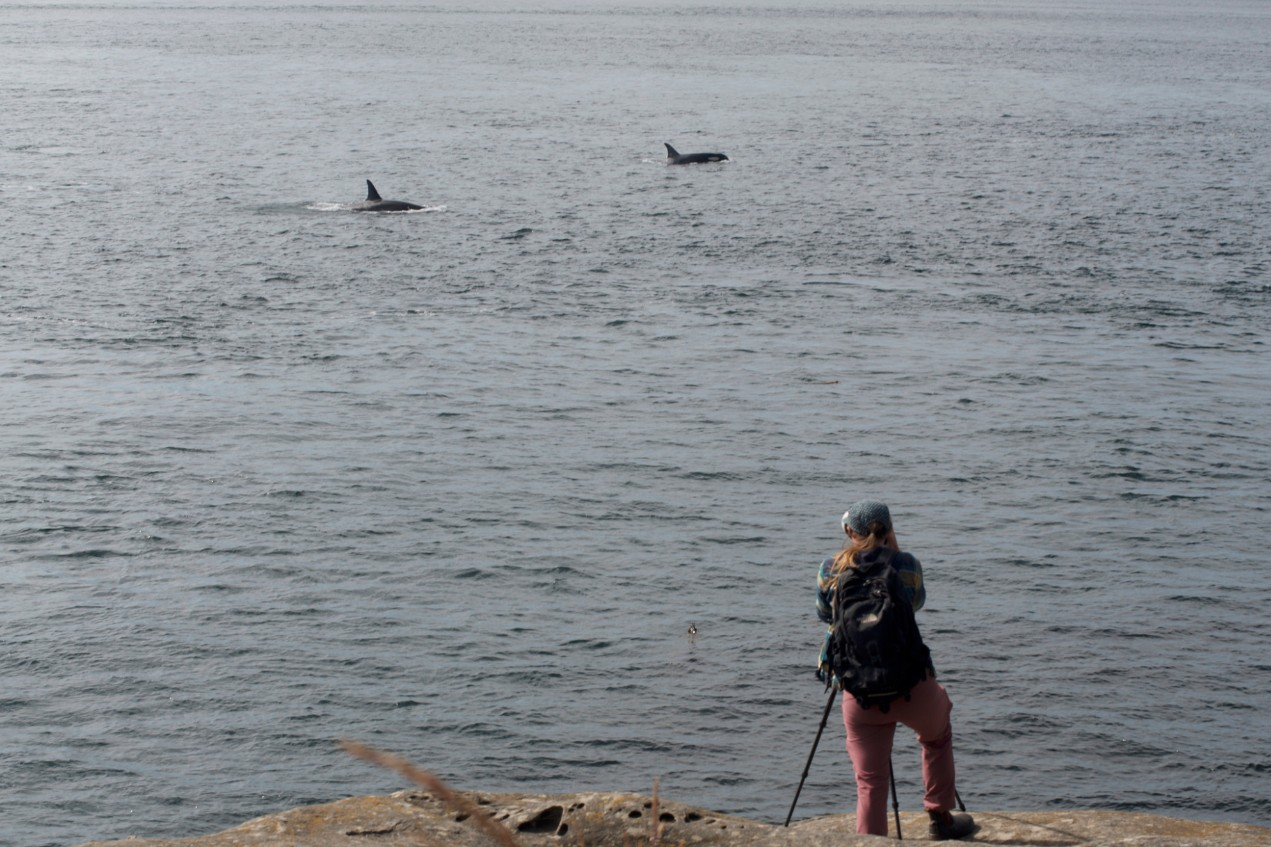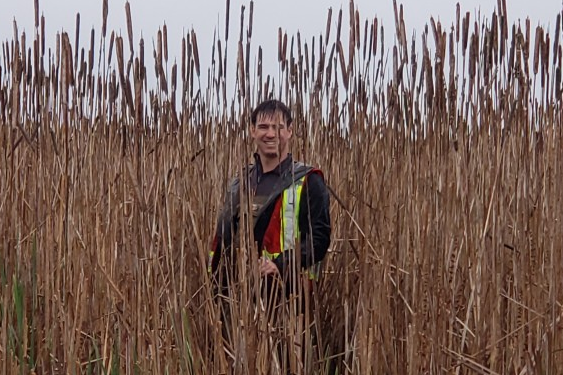Admission for Fall 2023
Ecological Restoration MSc
The Faculty of Environment, in partnership with BCIT, is pleased to introduce its newest graduate degree, the Master of Science in Ecological Restoration.
Stories from our Students in the Field
Thank you for your interest in the Ecological Restoration MSc program, a joint degree between SFU and BCIT. We are no longer accepting applications for this joint degree.
If you are interested in hearing more about future offerings for graduate programming in this field, please contact Rajdeep Dhadwal and Giti Abouhamzeh at SFU.
This is Canada’s first master’s program specializing in Ecological Restoration and is offered as a joint program between British Columbia Institute of Technology (BCIT) and Simon Fraser University (SFU). The MSc in Ecological Restoration combines the strong technical and applied (experiential) knowledge at BCIT with SFU’s fundamental (contextual) basic science and community engagement expertise. The product is a unique joint-degree program that will fundamentally advance both the practice and science of ecological restoration.
Ecological Restoration is a scientific discipline that has recently emerged due to the increasing need to restore degraded and damaged ecosystems. Many ecosystem goods, services, and natural habitats have been severely impacted due to the cumulative impacts of previous and ongoing anthropogenic influences, including for example: urban sprawl, industrial expansion, invasive species, and contamination of soils and water resources. These impacts, and the need to remediate, rehabilitate, and restore habitat for threatened and endangered species, have led to the requirement for ecosystem restoration work across the province, Canada, and internationally. Ecological Restoration is an intentional activity that initiates or accelerates recovery of an ecosystem with respect to its health, integrity, and sustainability.
This five-term, two-year (36 credit (BCIT)/units (SFU) - inclusive of a 6-credit/unit capstone project) program will produce graduates capable of using critical thinking, adaptive management, and applied research within an applied problem-solving framework. This combination of skills will be applied to the identification of factors responsible for degraded ecosystems and to the rehabilitation and restoration of ecosystem functions, while advancing the scientific knowledge of this rapidly emerging discipline.
Graduates will have the critical and theoretical skills needed to set priorities, develop a structured approach to restoring degraded ecosystems, and critically assess their success in highly complex and unpredictable environments with significant uncertainties.
Inherent in the program are development of essential skills for program management, communication, and respectful community consultation. The program will leverage expertise at both institutions, and local experts and case studies, to understand how to approach ecological restoration in diverse sociocultural and biophysical settings.
The strengths of the program include:
- A unique interdisciplinary & inter-institutional curriculum;
- Is at the leading edge of this new, and rapidly growing, environmental discipline;
- Courses have been specifically designed to offer advanced, specialized training in ecological restoration;
- Entails an interdisciplinary, hands-on approach to addressing pressing practical problems;
- Permits specialization in restoration of aquatic or terrestrial ecosystems;
- Focuses on using applied research to provide solutions to government, institutional, and industry problems;
- Has strong industry connections via client-based research projects; and
- Is a unique program in Canada, and is among very few similar programs in North America.





